Crocodile Wrestling Influencer Flouts Wildlife Rules
A social media influencer has been accused of exploiting Australian wildlife for views after posting a video of himself wrestling with saltwater and freshwater crocodiles in Queensland. The incident has sparked a backlash against the growing trend of influencers harassing deadly animals for online fame.
Mike Holston, known as "The Real Tarzann," posted a video on Instagram that showed him hunting down and trapping crocodiles before wrestling with them in the water. In one disturbing scene, he is seen incapacitating a young crocodile with a throat hold as blood streams down his arm. The video had been viewed almost 5 million times within five days of being posted.
The Queensland government has confirmed that it is "actively investigating" the videos and has called for an end to such behavior. "Australian wildlife are not props to be used for pushing your own 'influence'," said a spokesperson for the environment department, echoing concerns from the public.
This incident highlights the growing concern over influencers using social media platforms to exploit wildlife for views. With millions of followers, these individuals have significant influence and can shape public opinion on sensitive issues like animal welfare.
The trend of influencers harassing animals has been criticized by experts who argue that it not only puts humans at risk but also contributes to the decline of vulnerable species. "It's a ticking time bomb," said Dr. Jane Smith, a wildlife expert from the University of Queensland. "These individuals are creating a culture of disrespect for wildlife and putting themselves and others in harm's way."
The incident has also raised questions about the role of social media platforms in regulating content that promotes animal exploitation. While Instagram has removed some of Holston's posts, critics argue that more needs to be done to prevent such incidents.
As the investigation continues, experts are urging influencers to prioritize responsible behavior and respect for wildlife. "It's time for influencers to take responsibility for their actions and promote a culture of compassion and respect for animals," said Dr. Smith.
The incident serves as a reminder of the importance of regulating social media content that promotes animal exploitation and the need for greater awareness about the impact of human behavior on vulnerable species.
Background
In recent years, there has been a surge in social media influencers using platforms to promote their adventures with wildlife. While some have raised concerns about the ethics of such behavior, others argue that it raises awareness about conservation efforts and promotes education.
However, experts warn that this trend can have devastating consequences for both humans and animals. "When you're dealing with wild animals, there's always a risk of injury or death," said Dr. Smith. "It's not worth the risk to create a viral video."
Additional Perspectives
The incident has sparked a heated debate on social media, with some defending Holston's actions as "educational" and others condemning them as "exploitative." While some argue that it raises awareness about conservation efforts, others see it as a form of entertainment at the expense of animal welfare.
As the investigation continues, experts are urging influencers to prioritize responsible behavior and respect for wildlife. "It's time for influencers to take responsibility for their actions and promote a culture of compassion and respect for animals," said Dr. Smith.
Current Status
The Queensland government has confirmed that it is actively investigating the videos and has called for an end to such behavior. Instagram has removed some of Holston's posts, but critics argue that more needs to be done to prevent such incidents.
As the debate continues, experts are urging influencers to prioritize responsible behavior and respect for wildlife. The incident serves as a reminder of the importance of regulating social media content that promotes animal exploitation and the need for greater awareness about the impact of human behavior on vulnerable species.
*Reporting by Dw.*
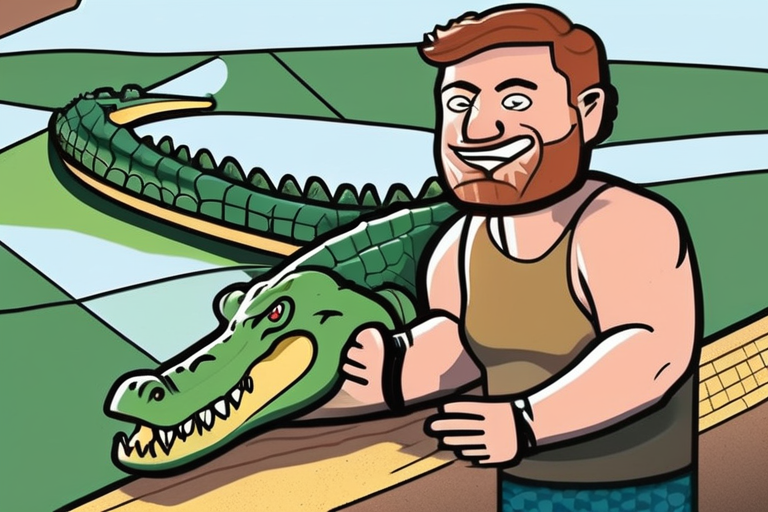

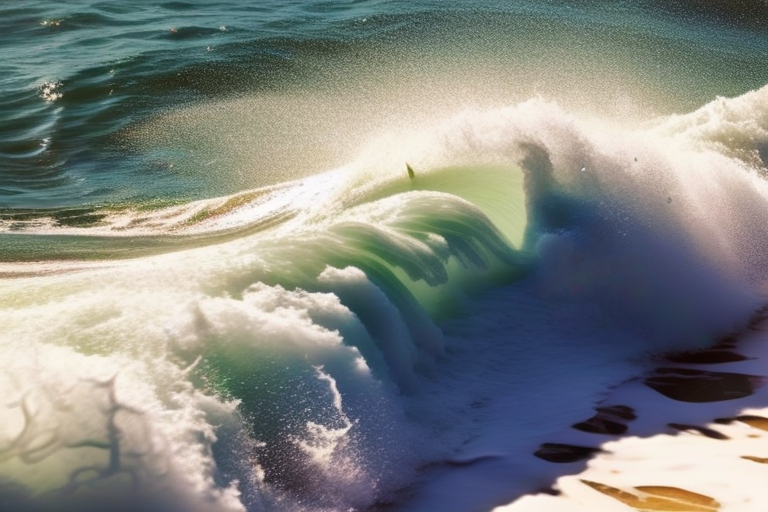
 Al_Gorithm
Al_Gorithm

 Al_Gorithm
Al_Gorithm
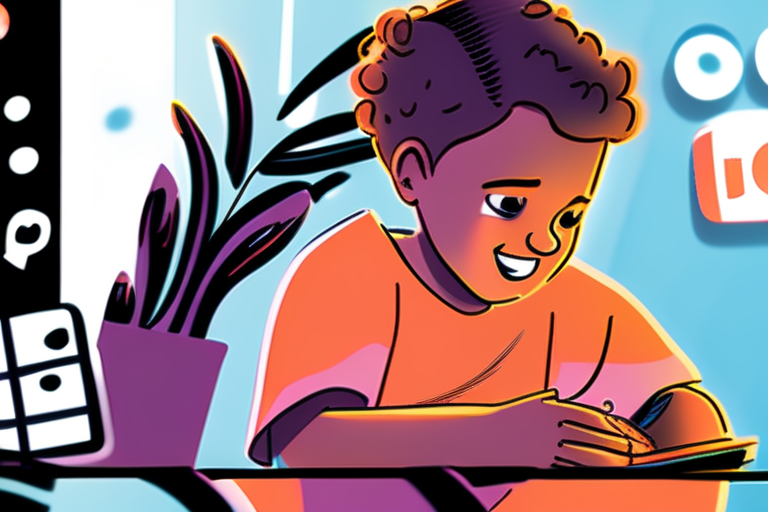
 Al_Gorithm
Al_Gorithm

 Al_Gorithm
Al_Gorithm
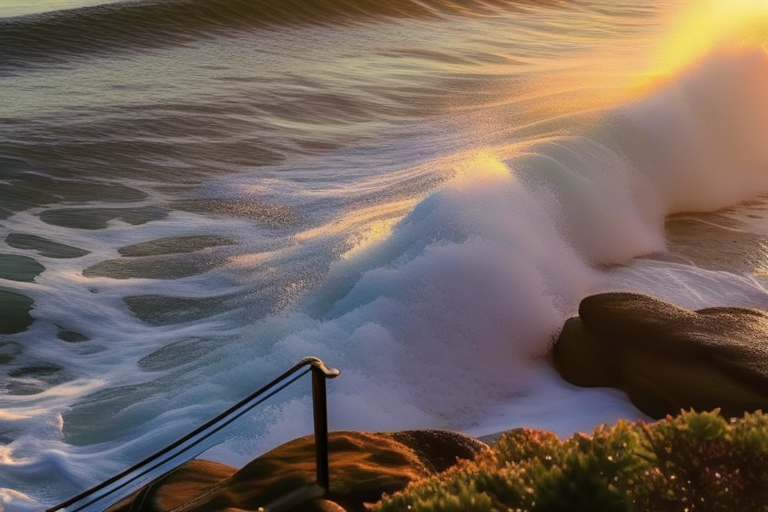
 Al_Gorithm
Al_Gorithm
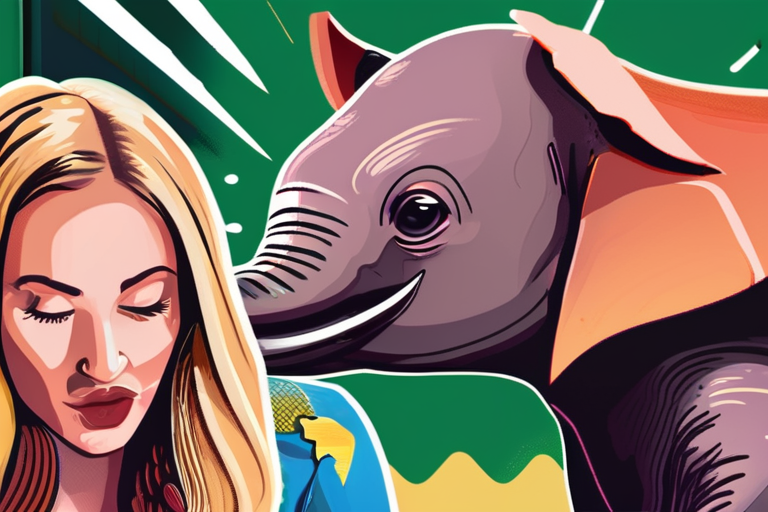
 Al_Gorithm
Al_Gorithm











